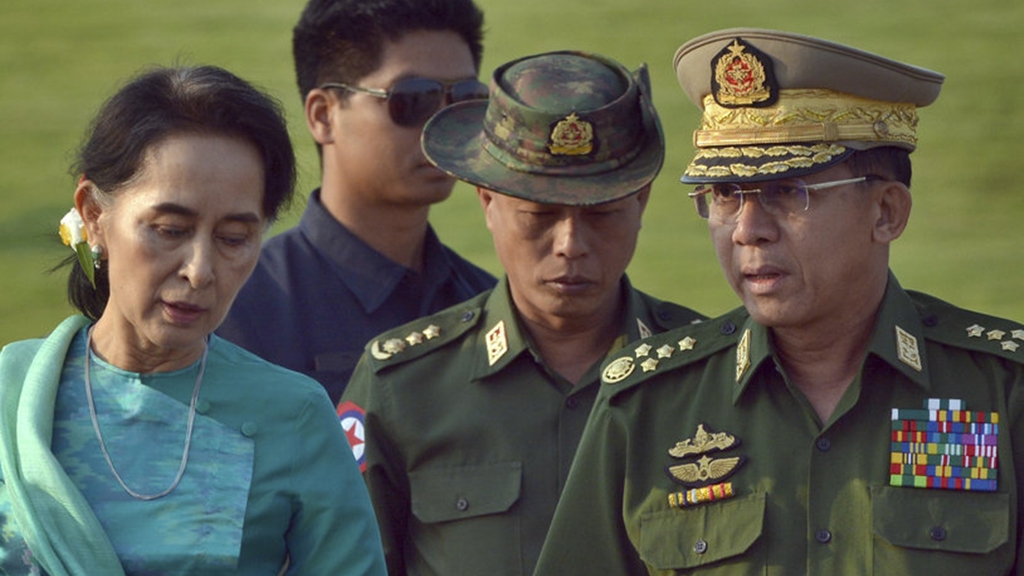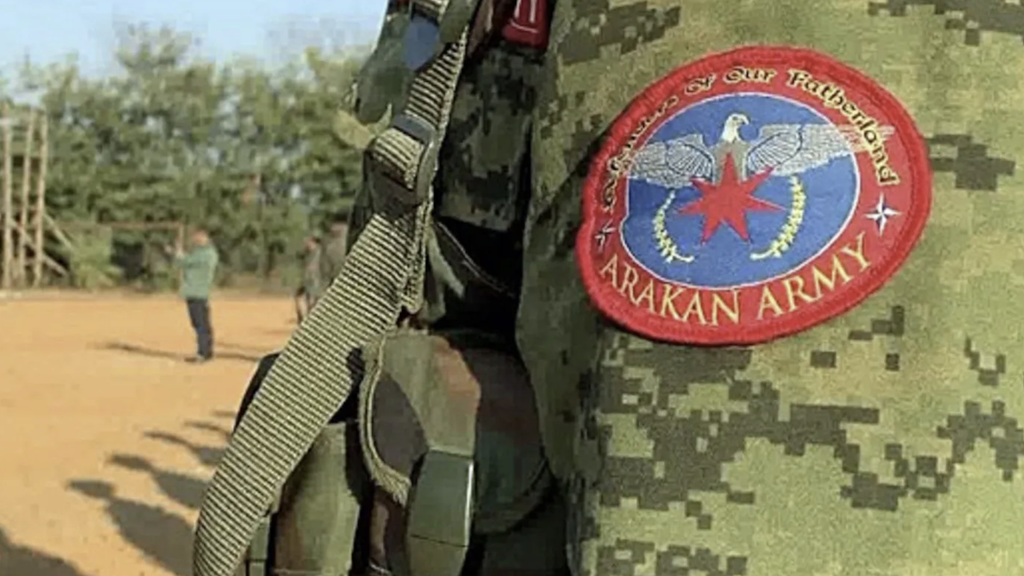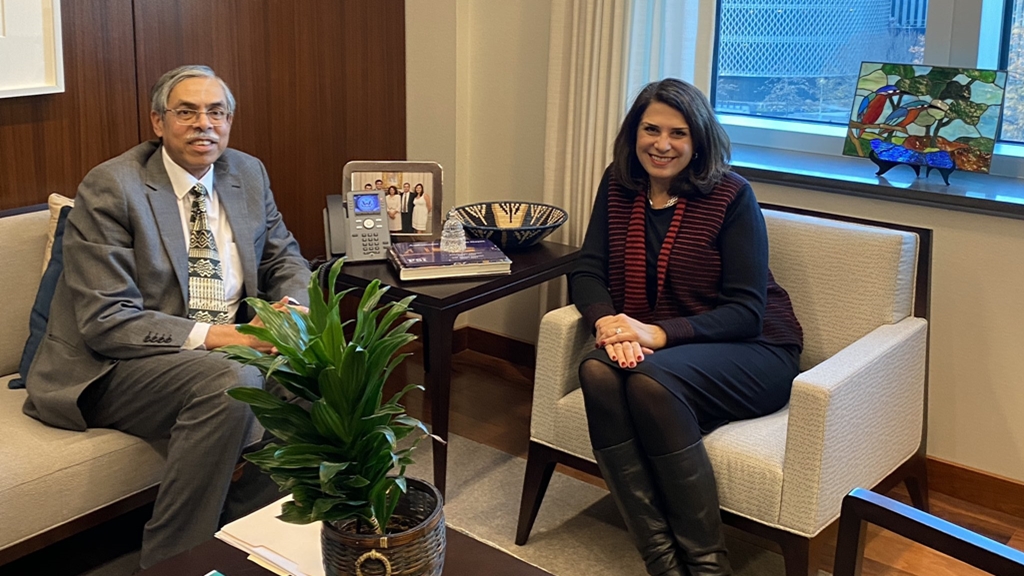
AUNG SAN SUU KYI WAS MY IDOL—NOW SHE’S DEFENDING MY PEOPLE’S GENOCIDE
- 23/12/2019
- 0
By Wai Wai Nu
Having spent a quarter of my life as a political prisoner, I have witnessed the best and the worst of humanity. Last week, at the genocide hearings at the International Court of Justice at the Hague, I felt both of those emotions.
Rohingya around the world are holding prayer vigils for justice, peace and unity in a free country. But my former hero does not stand with us any longer.
I can still picture my grandmother who only spoke her ethnic language, Rohingya, praying for Aung San Suu Kyi and for her to help deliver us democracy. I remember as a six years old girl, my father showing me secret photos of Aung San Suu Kyi he kept hidden, at great personal risk, between the pages of his book and explaining how inspiring she was.
She was my idol. Last week I sat watching her in the International Court of Justice in The Hague as she turned her back on my people and defended and denied our genocide.
My father was a political ally of hers, one of the opposition leaders, bound together by their common hope for democracy in Myanmar and an end to the military dictatorship that kept her under house arrest and him in prison for his political activity. I was imprisoned in Myanmar’s most notorious prison for seven years merely for being his daughter when I was 18 years old.
Our freedom came with Aung San Suu Kyi’s, as the military regime opened to democratic reforms that saw an amnesty of political prisoners. We held great hope that we would be free from discrimination and oppression. However, things had turned very tragically different for the Rohingya. We became outsiders in our own home and targeted to be killed, raped, our houses and villages destroyed along with our dignity.
But in court Aung San Suu Kyi could not even utter our name—Rohingya—when denying our atrocities and even our existence. A few days earlier, at the UN’s highest court, she defended the crimes the Myanmar military committed against us.
We held out hope that Daw Aung San Suu Kyi would restore justice for all. But it was under her government that a dire situation became catastrophic for the Rohingya. Rather than uniting our country, she has made a dividing line between support for her and support for human rights by denying atrocities against Rohingya and denying our identity. My hero has fallen, and so much hope has been lost with her.
For me, it does not even matter whether these crimes are found to meet the legal definition of genocide. What matters is that we see justice and accountability for what has happened, and that’s why last week meant so much for the Rohingya. So many Rohingya had waited so long to have the truth heard.
We have never had the experience of the rule of law, fair trial and and open court system. Aung San Suu Kyi would have us believe that we should trust the perpetrators to investigate and police themselves. As someone who has been on the receiving end of their ‘justice’, that notion is laughable.
In the ICJ Hearings I felt pain. Pain for the hundreds of thousands of people suffering from this tragedy—those Rohingya killed, raped, beaten, homeless, and stateless; the other Shan, Karen, Kachin ethnic minorities denied their rights; for all Burmese who deserve to live in peace and with justice. I felt pain for my people, and my country.
But I also felt hope. Hope for my fellow Burmese who have so bravely opposed oppression in the past, that they may do so again. While many have tried to portray this case as the people of Myanmar against the Rohingya, I do not see it that way. I see it as some of the people of Myanmar trying desperately to ensure that all of the people of Myanmar can live in peace, with equal rights and equal dignity.
This was the first time for us a fair and free legal process has been brought to bear on our persecution. To see our cause given open and transparent hearing in front of the world could not have contrasted more strongly with my own trial in Myanmar. Before a closed court, denied legal representation, it was a show trial. The verdict was a foregone conclusion.
Before an open, accountable and fair court—like the International Court of Justice, the world’s highest court—the verdict is anything but a foregone conclusion. It will look at the facts, and independently declare to the world what happened to the Rohingya.
I hope that verdict will be the first step towards restoring my country back to one we can be proud of, and restore hope to little girls who only wish to see democracy, justice and peace.
Wai Wai Nu is a Rohingya activist and lawyer who was jailed for seven years as a political prisoner in Myanmar’s most notorious prison. She is the founder of the Women Peace Network and Justice for Women, and was in The Hague to witness the Rohingya genocide hearings.
This article was originally published on Newsweek







